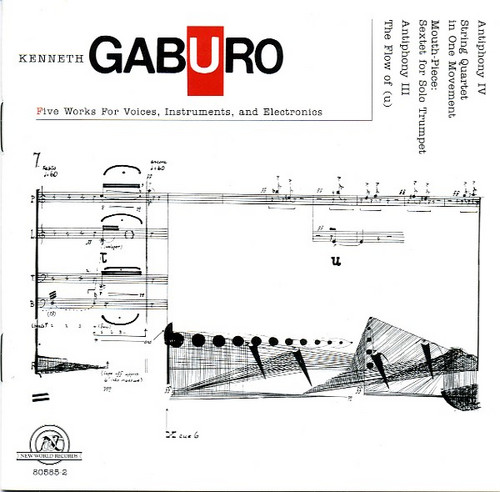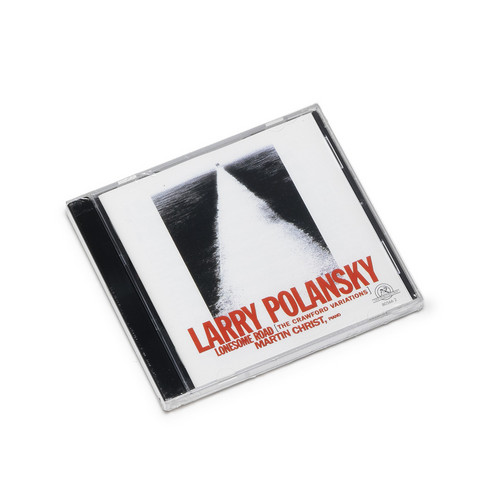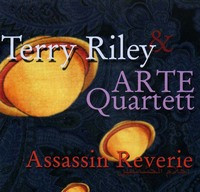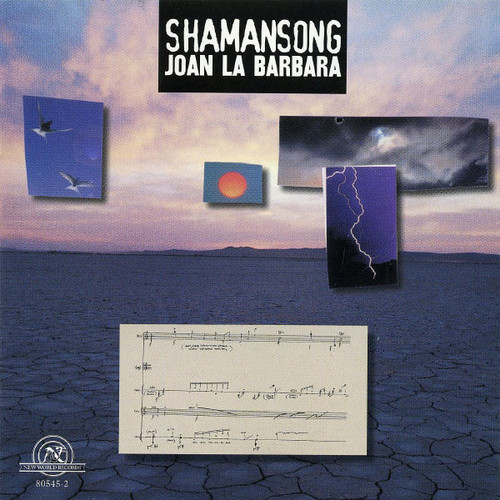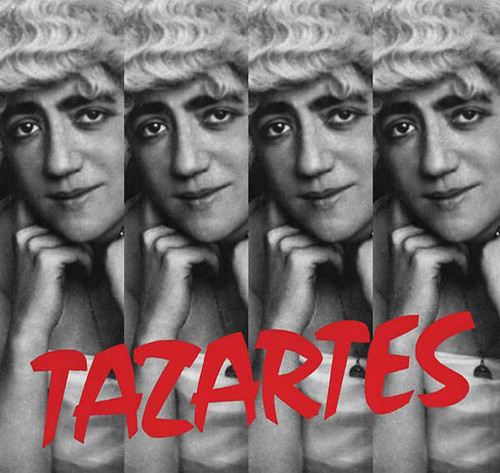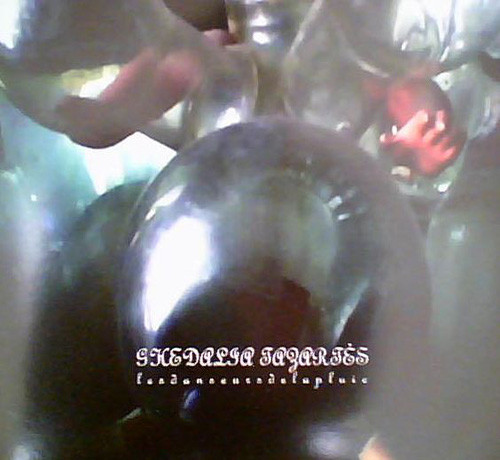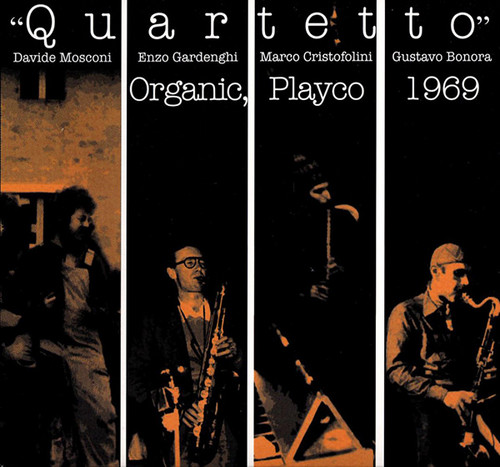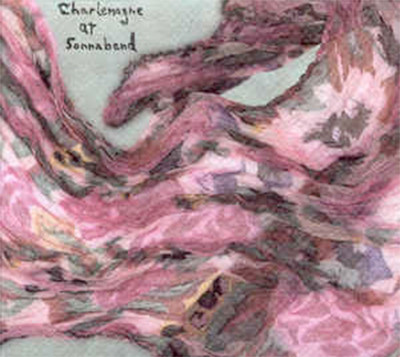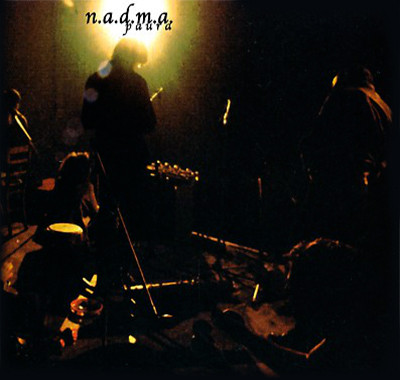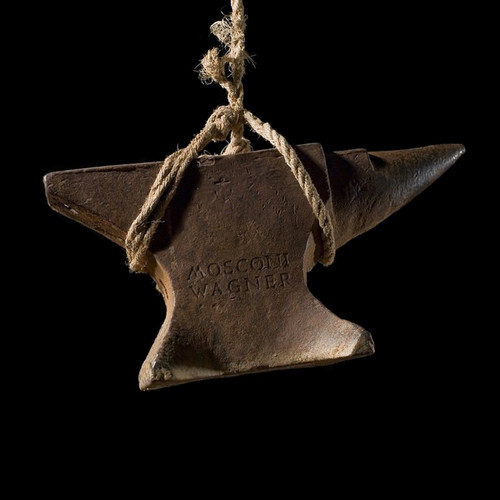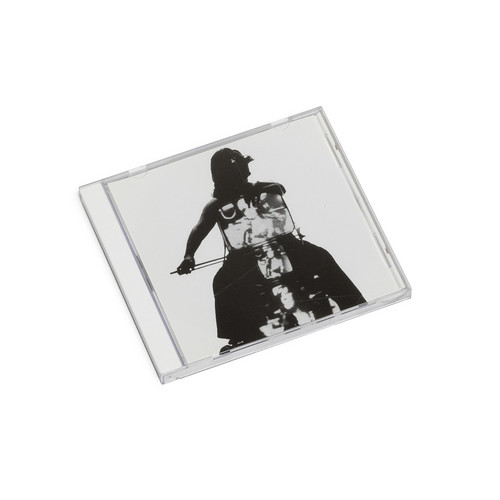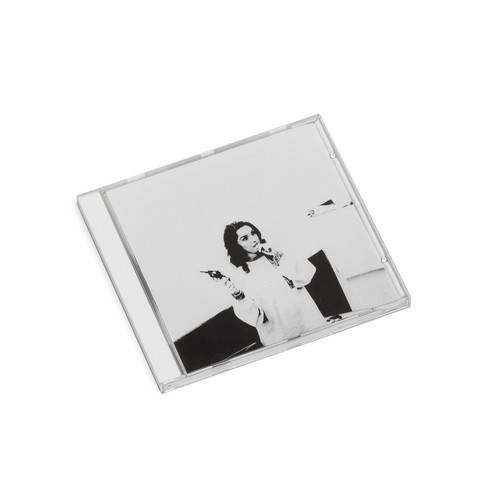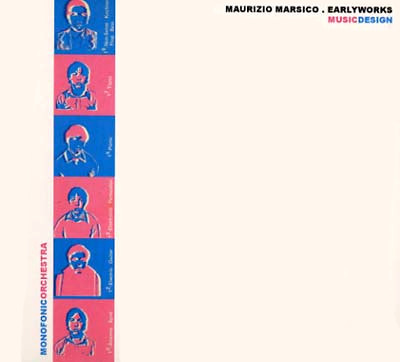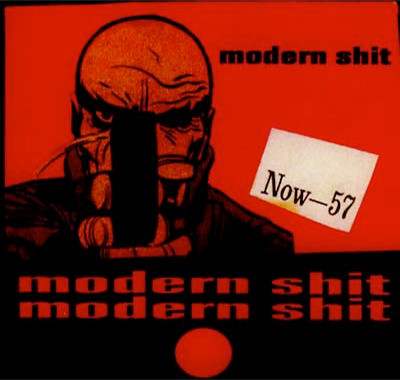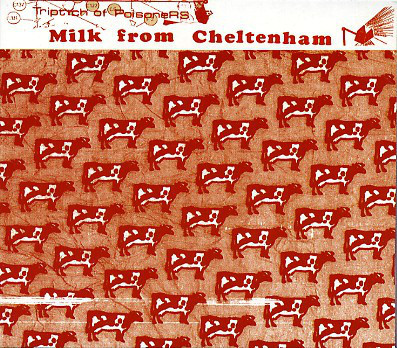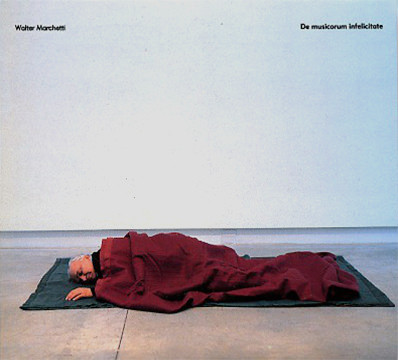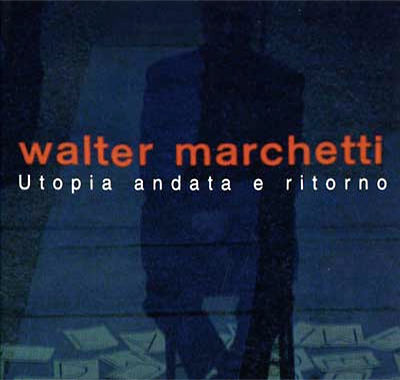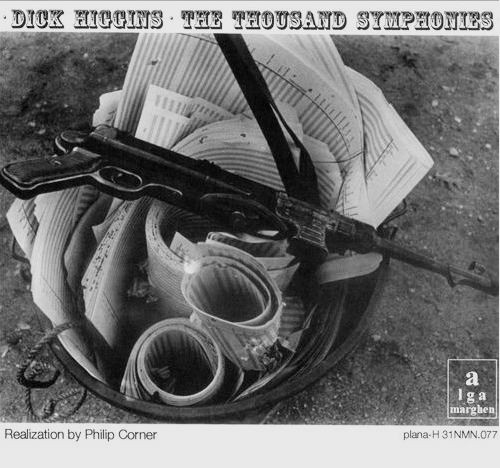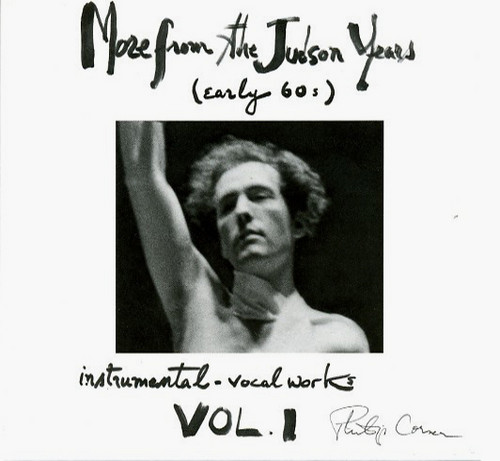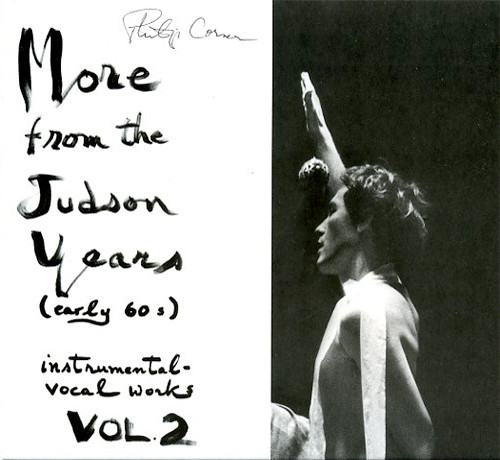Back in stock
Five Works For Voices, Instruments, And Electronics
Kenneth Gaburo (1926–1993) composed works for instruments, voices, electronics, multi-media, theater, and a variety of other resources. Foremost among his many interests was a concern with the voice and with language—how we shape language and how we are shaped by it—and with making works that existed somewhere between the boundaries of music and language. Of the works on this CD, three are intensely concerned with what Gaburo termed “Compositional Linguistics” (Antiphony III, Antiphony IV, and M…
Lonesome Road (The Crawford Variations)
Larry Polansky, though known primarily for his work in the field of computer music, has produced a major addition to the keyboard literature, this massive theme-and-variations on Ruth Crawford Seeger’s arrangement of the folk song "Lonesome Road." Inspired by his deep engagement with her music, Lonesome Road (1988-89) is a prime example of Polansky’s penchant for building large architectonic structures through complex transformational processes. The work is in three sections of seventeen variati…
Terry Riley
Uncle Jard (1998) (saxophone quartet, piano, harpsichord, and voice) is a particularly compelling example of this. In this piece, Indian classical music and blues/jazz elements co-exist in a stylistically coherent whole: ragtime and raga have never been so closely intertwined. The piece is divided into three parts. While in the first and second parts the texture of the saxophone ensemble is enriched by the voice and keyboard, in the third part the voice is not featured. Assassin Reverie (2001), …
ShamanSong
Composer/performer Joan La Barbara (b 1947) has been an influential figure in experimental music since the early 1970s. She has devoted her career to the exploration of the human voice as a multi-faceted instrument. Going far beyond traditional boundaries, she has created works for multiple voices, chamber ensembles, music theater, orchestra and interactive technology. ShamanSong features three premieres of vintage La Barbara "sound paintings" of pensive beauty and spiritual resonance.
ShamanSo…
Tazartes
Remastered CD edition of Tazartès, Ghédalia Tazartès' 1987 fourth LP. Now available as an expanded individual CD, this edition was previously only available as part of a CD containing both Tazartès and Diasporas, Tazartès' 1979 debut album, which is also now available in an expanded CD edition (TES 088CD). Immersive, transporting, and deeply arresting music from the revered autodidact and audio oddity. If you've never encountered Tazartès before, this is an excellent place to start, welco…
Les danseurs de la pluie
Either available separately as a 3" CD, or as a bonus disk within the new Tazartes boxset. "Les Danseurs de la Pluie", which gives title to the complete anthology, is a 12-minute mini-CD, presented on creative disc, including four previously unavailable tracks. Two 1977 killer recordings from the 'Eclipse Totale' sessions of a very wild and residential nature; and two colossal new pieces recorded in 2005.
Organic, Playco 1969
The stable Quartetto that pianist Davide Mosconi, saxophonist Enzo Gardenghi, percussionist Marco Cristofolini, and cellist and violinist Gustavo Bonora brought to life beginning in the late '60s constituted the core of what would, in the early years of the next decade, become the larger improvising ensemble NADMA. The group was also an elegant and accomplished expression of the musical objectives of its members. This music expresses the rich yields that Davide Mosconi cultivated from his explor…
Charlemagne at Sonnabend
First time available 2CD set art-edition of the Charlemagne Palestine performances at Sonnabend Gallery, New York City, 2001. Privately issued by the composer in collaboration with Sonnabend Gallery and issued in an edition of 300 signed copies in large silkscreened gatefold folio in 2002. This art edition was never officially distributed and after 10 years a limited amount of copies is now exclusively available for the first time from Alga Marghen. The first contact between Charlemagne Pa…
Paura
N.A.D.M.A. was officially born between August and the beginning of September 1972 during time spent in a little village in the Tuscan-Emilian Apennines. The identity and musical orientation of the collective centered on the convergence of heterogeneous interests and sensibilities coming from avant-garde jazz experiences liberated by post-free currents, from classical studies, or from musicians also active as visual artists who had cultivated an instrumental practice utilizing spontaneous …
Mosconi Wagner
In one of the last projects he conceived, interrupted by his premature death, Davide Mosconi chose to absolutize as ‘concrete’ sonic data the complete cycle of Wagner’s “Ring”. Mosconi, an artist equally divided between the sonic universe and the visual sphere, perhaps could not resist the temptation of picking up the torch to intentionally fan the flame of he who made the Gesamtkunstwerk one of the theoretical groundings of his futuristic ideology and therefore inspiring a never-more-to-be-soot…
TV cello
Of the famous "TV Cello," conceived by Nam June Paik for Charlotte Moorman as a "living sculpture," this CD offers an in-situ recording released on one of the three days inaugurating the Paik retrospective at the Museum of Contemporary Art in Chicago, on the 11th, 12th and 14th of September in 1982. This version contains, respectively, the "TV Cello Duets" with Paul Garrin and the "Concerto for TV Cello and Videotapes," largely improvised, "including a tape collage by Ornette Coleman prepare…
Aachen Konzert, July 25th, 1966
This CD presents a concert from July 25th, 1966 in the Theatersaal in Aachen, Germany. In addition to the New York concert on September 12th, 1964, the recordings of this European concert well represent the kind of performances that Charlotte Moorman and Nam June Paik presented in Europe in the second stage of their historical "duo" exhibitions. This Aachen event, in fact, is testimony to the progressive and always more pronounced emergence of meta-musical elements deliberately turned toward the…
Musicdesign
2010 release. "Monofonicorchestra is not a disc recorded in mono / is not ambient music / is not funky / is not experimental music / is not funny / Monofonicorchestra is not avant-garde / is not pop / is not op / is not Dada / Monofonicorchestra is not fashion / is not hard-core / is not horror / is not Frigidaire." --Maurizio Marsico, at 10h20 on Wednesday, December 23rd, 1981. A country: Italy. Several countries: Italies. Late '70ss, early '80s. The ether of punk is in everyone's nose and disc…
Will Make You Ill
Alga Marghen presents Modern Shit, a very singular chapter in the Amos/It's War Boys / Milk From Cheltenham / Homosexuals history. Directly taken from the original It's War Boys catalog, here is one of the most obscure sonic works of the early 1980s, Modern Shit! First "issued" on tape, this work circulated only privately among the close friends of the label and was never officially distributed. Actually, it represents one of the most intense and experimental outputs of this creative London…
Triptych of poisoners
2005 release. Milk From Cheltenham is the first in a series of Alga Marghen editions documenting the activities of the It's War Boys underground label, founded by Amos (of The Homosexuals fame) in the late 1970s. The original LP was issued in an edition limited to 300 copies. The material was recorded from 1979 to 1981 but wasn't released until 1983 due to problems with the silkscreened sleeve. The band only put out this record, a real hidden gem. Lepke said that he wanted it to sound like …
De musicorum infelicitate
2001 release. As Walter Marchetti told to the producers of De Musicorum infelicitate, i.e., The Unhappiness of Music, this will probably be his last music work, but this is not the only point making this edition a very special one. After two CDs previously issued for Alga Marghen (Antibarbarus in 1998 and Nei Mari del Sud in 1999) these "Ten Pieces in the Form of Painful Variations" dispose in their unceasing and implacable sequence the landing at an anaphorical finis terrae, the extreme and imp…
Utopia andata e ritorno
2006 release. Music: the foundation of that presence in which we find ourselves shows itself as pure negative. Everything is founded on a demonstration of its own negativity: as awareness of its being negative, and does not look for an escape into a future presence that is an objective future, but, accepting its negativity, makes of this self-negation the real act, the true reality -- the true foundation, the real and actual continuity: this is music's sense. Utopia Andata e Ritorno is the…
The Thousand Symphonies
2010 release. Alga Marghen presents the first edition ever issued of Dick Higgins' music. Fluxus founding member, in 1958 Dick Higgins studied Composition and Experimental Music with John Cage in his class at the New School for Social Research in New York together with, among others, La Monte Young, Richard Maxfield, Toshi Ichiyanagi, George Brecht, Allan Kaprow, Al Hansen, and Jackson Mac Low. In the Spring of 1968, Geoffrey Hendricks and Robert Watts told Dick Higgins of a project that was afo…
More from the Judson years Vol. 1
2004 release. "Yet not to forget that extraordinary place where so much of the new and exciting performances at that most interesting time in New York, took place. There was a Theater there; and a place for the first Happenings. An Art Gallery... and later the famous Judson Dance Theater -- the site of Philip Corner's first performance. The concert was in early 1962, January 2nd, to be exact. Excerpts from the liner notes of volume one of More from the Judson Years, Early 60s, written by Philip …
More from the Judson years Vol. 2
2004 release. Excerpts from the liner notes of More from the Judson Years (Early 60s) Instrumental-Vocal Works Vol. 2, written by Philip Corner: "Everything Max Has" (1964), Max Neuhaus solo, recorded at the ONCE Festival, 1965. "A performance of Max's taking down all of his stuff; tons of equipment filling entire stages." "Big Trombone" (1963), Jim Fulkerson improvisation over tape collage. "Homage to Revere" (1962) for ensemble of copper-bottom kitchen utensils. "Punkt" (1961) for ensemble of …
